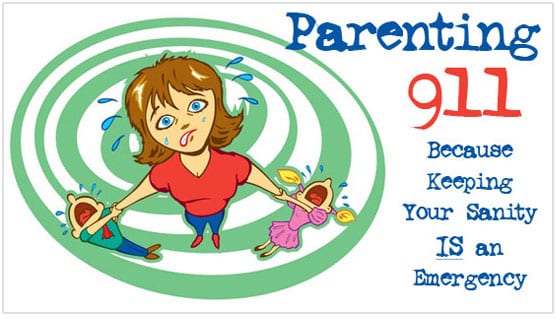Pregnancy is Not an Illness

If you are an expectant mother in the state of Alabama and looking to give birth at home, you are on your own. Literally. If a midwife assists you in your birth, she/he could be prosecuted under current Alabama law. One of only 9 states that bar Certified Professional Midwives from practicing, Alabama forces many of its mothers to visit neighboring states if they are looking for a non-hospital birth experience.
Why Midwives Should Be An Option

If you are one of those mothers who couldn’t wait for the sweet relief of an epidural, you may be saying to yourself, “What’s the big deal? Isn’t it safer for everyone if people give birth in a hospital?” The reality is that hospitals are wonderful alternatives to home birth for moms who are high-risk or who are just looking for the security and peace of mind a hospital brings to them. However, most women don’t need help giving birth and the more intervention is available to them, the more intervention occurs. This has led to a C-section rate of 34%, more than double that recommended by the World Health Organization. While you can use a Certified Nurse Midwife in a hospital setting in Alabama, so few CNMs practice in Alabama that they are not a valid option for most women here and that still leaves out women searching for an out-of-hospital birth experience. This is why Alabama needs Certified Professional Midwives so badly. According to a recent report from the Centers for Disease Control, home births have increased more than 18% in Alabama over the past few years. Last year, Huntsville’s Walk For Midwives had 55 people. This year 115 were in attendance. And walks took place all over the state. Obviously, the public is demanding the option of a care provider trained in out-of-hospital birth and CPMs are the answer.
As someone who has used two Certified Nurse Midwives and three different OB/GYNS in my lifetime, I can attest that while I had wonderful OBs, the midwife model of care suited my needs and wishes much better than the medical model most OB/GYNs practice. In Florida and in North Carolina I was lucky enough to find wonderful CNMs who practiced inside an OB/GYN clinic and who I saw before, during, and after giving birth to my daughter. Their care was extremely similar to the care I received from my gynecologist with a couple of exceptions. First, they focused on natural alternatives whenever possible, always trying to err on the side of caution when it came to optional tests/care. Second, they talked to me A LOT more and listened just as much. We talked not just about how much weight I was gaining or how big the baby was getting but also how I was doing. How I was feeling about the experience. How it was affecting my relationship with my husband and how I was dealing with the stress of juggling work and pregnancy.
How You Can Help
Regardless of whether or not a home birth is for you, it should be an option for those who desire it. These women aren’t “crazy” or backwards, they are convinced by medical studies that show that women under CPM care are:
- Ten times less likely to be induced.
- Six times less likely to have the labor stimulated with oxytocin.
- Twenty times less likely to have their baby pulled out with a vacuum.
- Six times less likely to need a cesarean section.
- Nine times less likely to have breastfeeding fail in the weeks after the birth.
To find out more about the movement to improve access to evidence-based maternity care options for women, families and communities in Alabama visit the Alabama Birth Coalition website, and Facebook page and join us next year for the Fourth Annual Walk for Midwives at Big Spring Park!
See you there!








